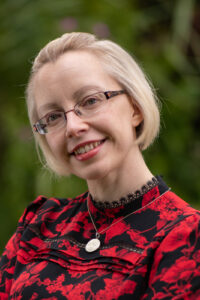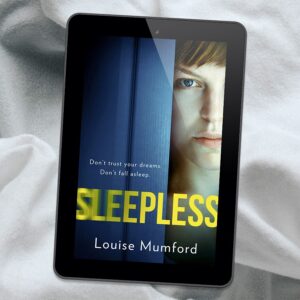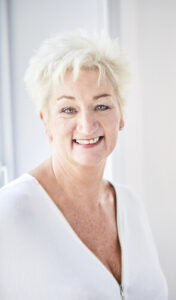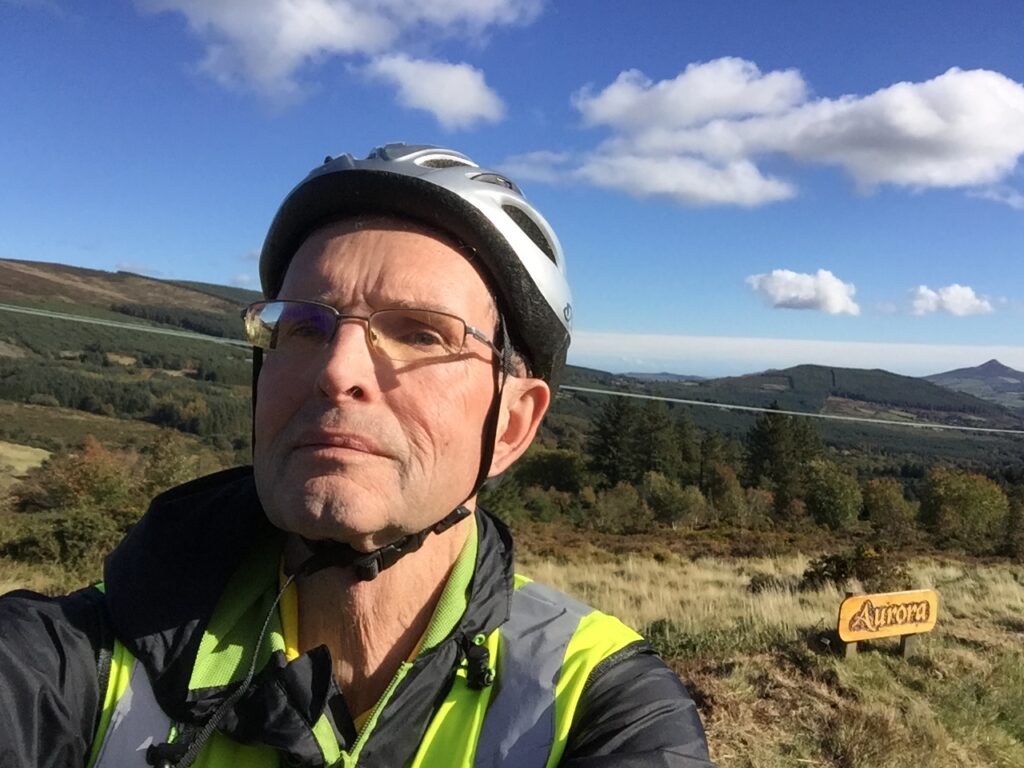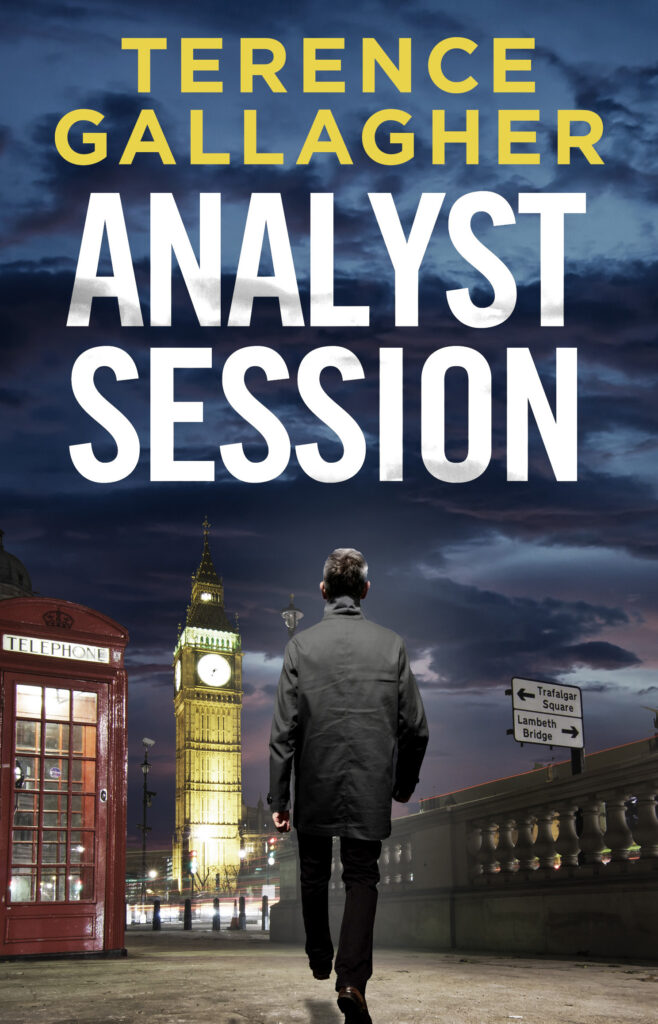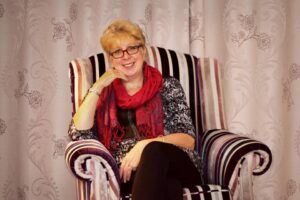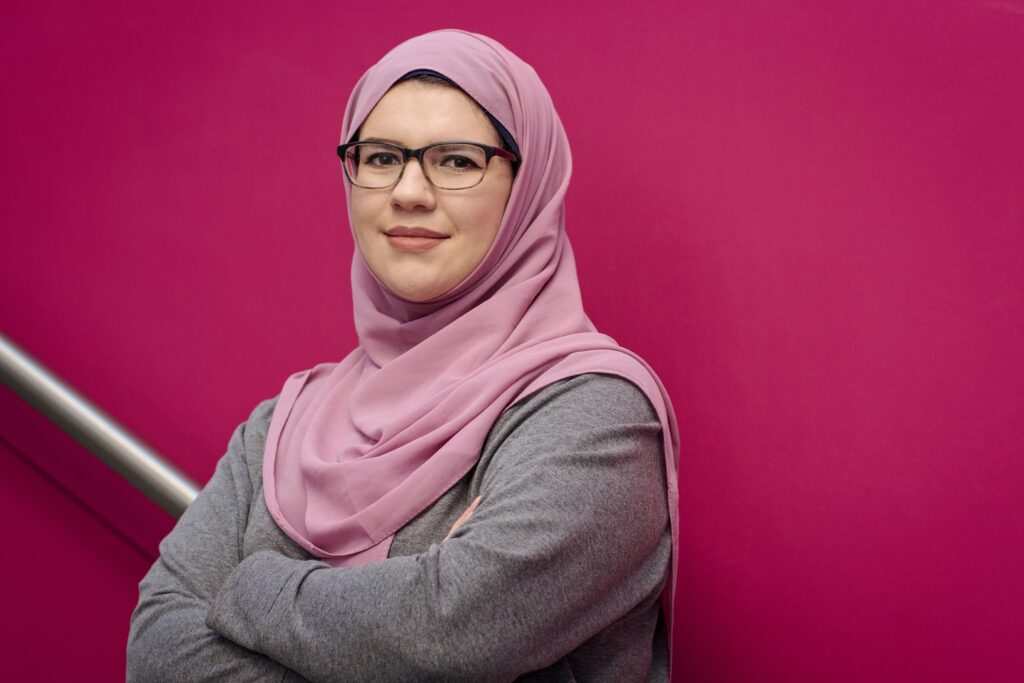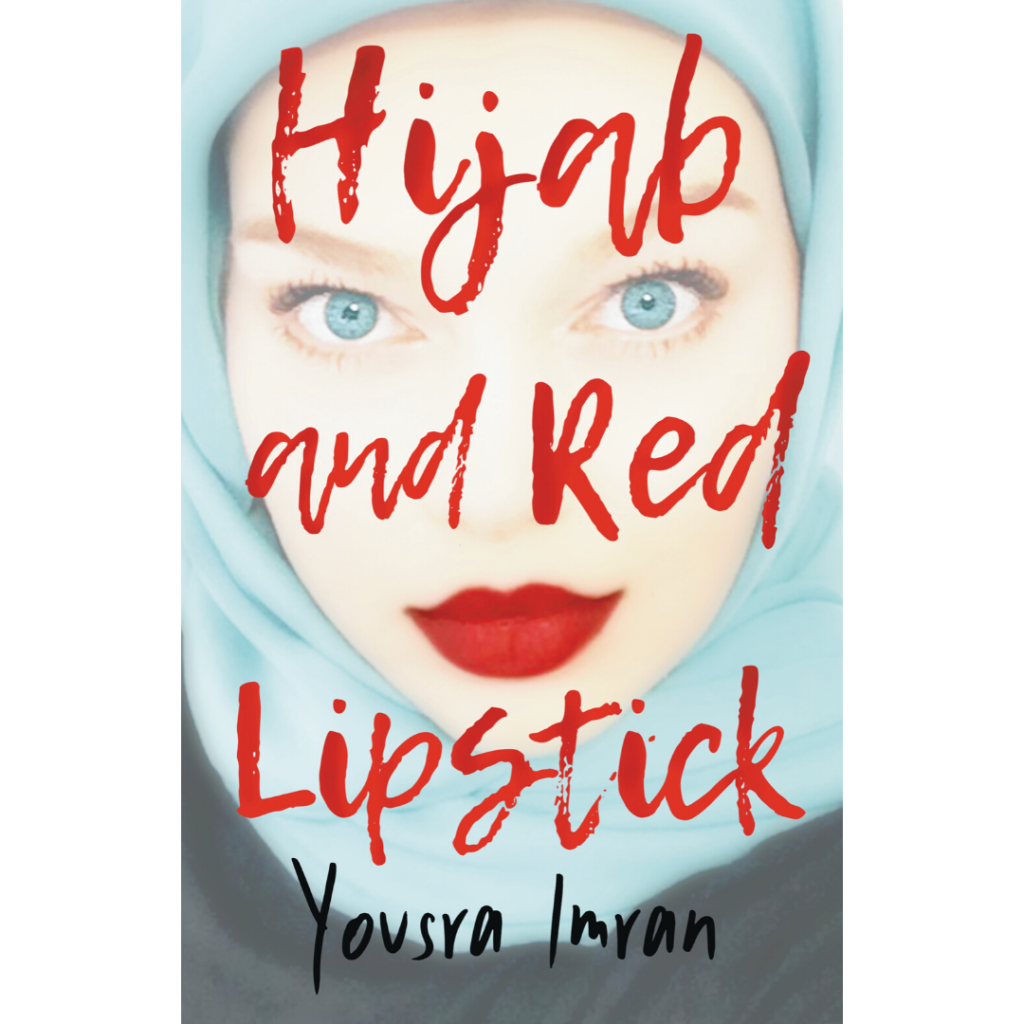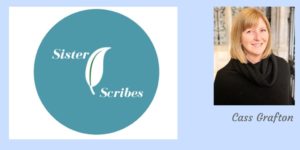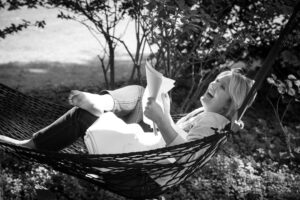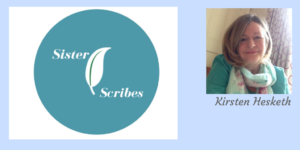 My last ever Sister Scribes post – and what a blast it has been!
My last ever Sister Scribes post – and what a blast it has been!
And, my, what a lot has happened in the two years since the five of us named ourselves the Sister Scribes and banded together as friends and fellow writers. We’ve written before about how we went to stay at a wonderful house – Darcy’s Abode! – in Bath and spent a few fabulous days writing, sightseeing, eating and getting to know each other better. Back then, getting published was just a twinkle in my eye – a twinkle that I feared might be extinguished at any moment – and how in awe I was of my fellow Scribes with their launches and their multiple deals. Would it ever happen for me too?
Fast forward two short years – and so much has changed. My debut, Another Us, was published by Canelo this year. It came out in in ebook in May and I had the loveliest of Zoom launches, complete with dying my hair red to match the cover and to raise money for Mind. And then, in August, it came out in paperback. I originally had a digital only deal with Canelo and the fact they had enough faith in me and my book to then invest in a paperback in this most difficult of years really was the icing on the cake. Thank you so much, Canelo, you really have been fabulous to work with. As has my wonderful agent, Felicity Trew.
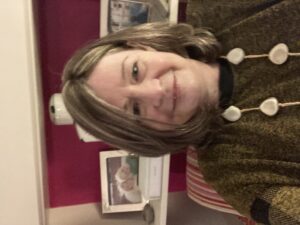 And, basically, it’s been brilliant ever since. Another Us (very briefly) had bestseller flags in the UK, Canada and Australia, which was totally beyond my wildest dreams. It’s been featured in Woman and Home, Women’s Weekly, Woman (there’s a theme here!) More, Pick Me Up, Waitrose magazine … the list goes on. It was longlisted for The Guardian’s Not The Booker Prize and was a contender for the RNA’s Joan Hessayon award. But best of all have been the dozens of messages I’ve received from readers all around the world telling me how much Another Us has touched, informed, amused or plain old entertained them. I think that has been the very best bit of all. That and getting to know a whole host of other debuts – including my lovely Sister Scribes – because no one understands quite what it’s like to have your debut come out in a global pandemic than someone who is going through exactly the same thing ….
And, basically, it’s been brilliant ever since. Another Us (very briefly) had bestseller flags in the UK, Canada and Australia, which was totally beyond my wildest dreams. It’s been featured in Woman and Home, Women’s Weekly, Woman (there’s a theme here!) More, Pick Me Up, Waitrose magazine … the list goes on. It was longlisted for The Guardian’s Not The Booker Prize and was a contender for the RNA’s Joan Hessayon award. But best of all have been the dozens of messages I’ve received from readers all around the world telling me how much Another Us has touched, informed, amused or plain old entertained them. I think that has been the very best bit of all. That and getting to know a whole host of other debuts – including my lovely Sister Scribes – because no one understands quite what it’s like to have your debut come out in a global pandemic than someone who is going through exactly the same thing ….
And now it’s time to look forward. I have been lucky enough to secure a two-book deal with Hodder and Stoughton for a series set in London in WW1. The Post Office Girls follows the experiences of three girls who join the Army Post Office – in a huge, wooden, building which was been hastily thrown up in Regent’s Park to cope with the sheer volume of mail being sent to the various fronts. My grandfather – who himself served in WW1 – worked for the post office in London his whole life – and the first book is dedicated to him. It will be published in May next year and the second book – A Post Office Christmas – follows the November afterwards. I wrote the first 50,000 words of that during Nano (success – hurrah!) and am now feeling deliciously Christmassy – if absolutely exhausted!
So, all that remains to be said is a huge Merry Christmas to each and every one of you. Thank you for following our adventures over the past couple of years and best wishes for a safe and happy 2021.
Over and out x

